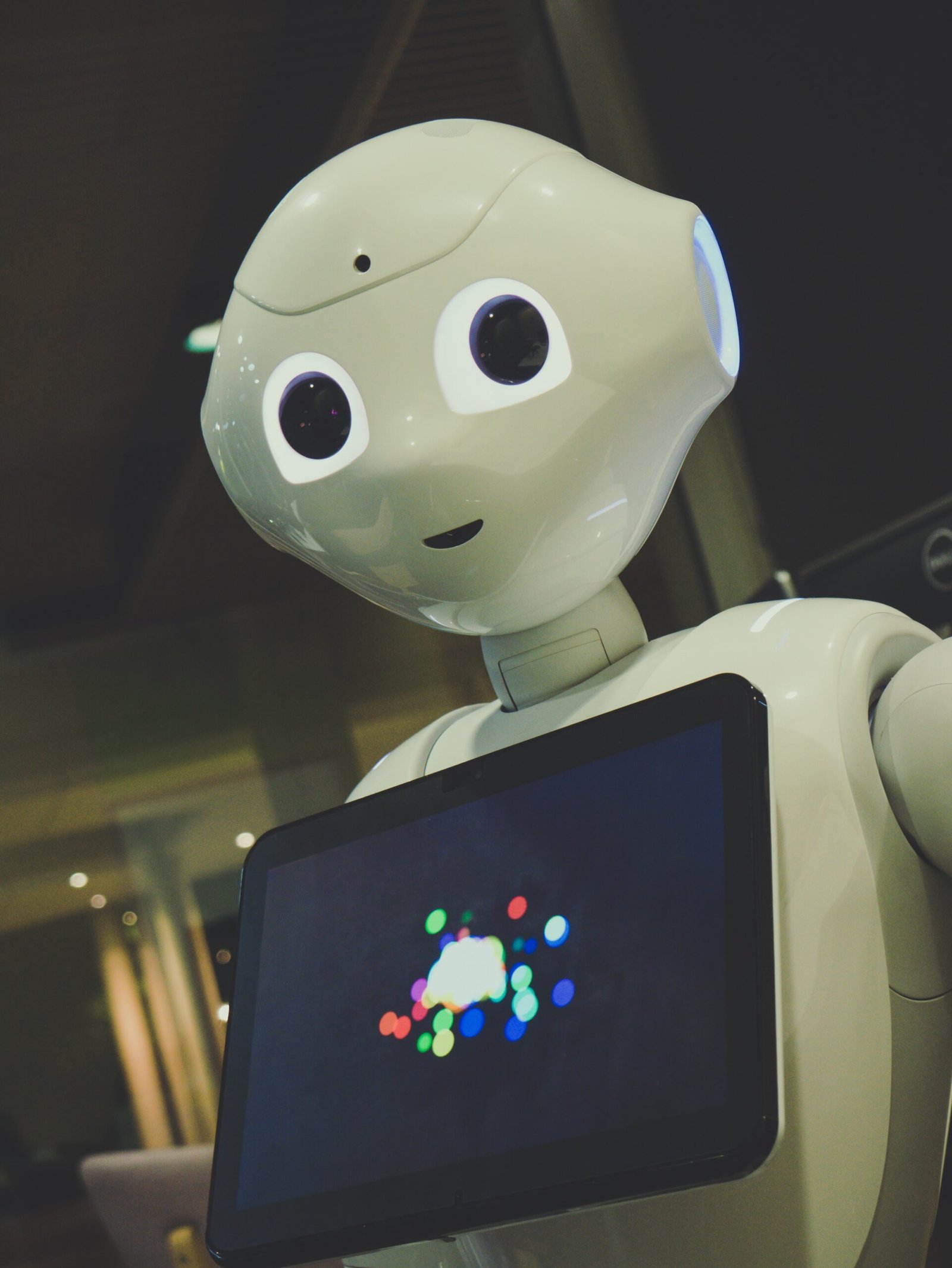In recent years, Artificial Intelligence (AI) has emerged as a transformative technology, revolutionizing various industries. One area where AI is making a significant impact is in the world of Robotic Process Automation (RPA). RPA involves automating repetitive tasks and processes using software robots, freeing up human resources for more complex and strategic work. When combined with AI capabilities, RPA becomes even more powerful, enabling organizations to achieve greater efficiency and productivity.
One of the key benefits of integrating AI with RPA is the ability to handle unstructured data. Traditional RPA solutions are designed to work with structured data, such as spreadsheets or databases. However, with AI, RPA can now process and understand unstructured data, such as emails, documents, and images. This opens up a whole new range of possibilities for automation, as AI-powered robots can read, interpret, and extract relevant information from unstructured data sources, reducing the need for manual intervention.
Another way AI is revolutionizing RPA is through cognitive automation. Cognitive automation involves the use of AI algorithms to mimic human cognitive abilities, such as natural language processing, machine learning, and computer vision. By incorporating these capabilities into RPA, organizations can automate complex decision-making processes, handle exceptions, and adapt to changing conditions. This not only improves the accuracy and reliability of automation but also enables RPA systems to learn and improve over time.
Furthermore, AI-powered RPA can enhance customer experience by enabling intelligent chatbots and virtual assistants. These AI-driven interfaces can understand and respond to customer queries, provide personalized recommendations, and even perform transactions. By automating customer interactions, organizations can deliver faster and more efficient service, improving customer satisfaction and loyalty.
In conclusion, the integration of AI with RPA is revolutionizing the way organizations automate their processes. With AI’s ability to handle unstructured data, cognitive automation, and intelligent interfaces, RPA becomes more versatile, efficient, and capable of driving significant business outcomes. As AI continues to advance, we can expect even more groundbreaking innovations in the world of RPA, further transforming industries and unlocking new opportunities for growth.



